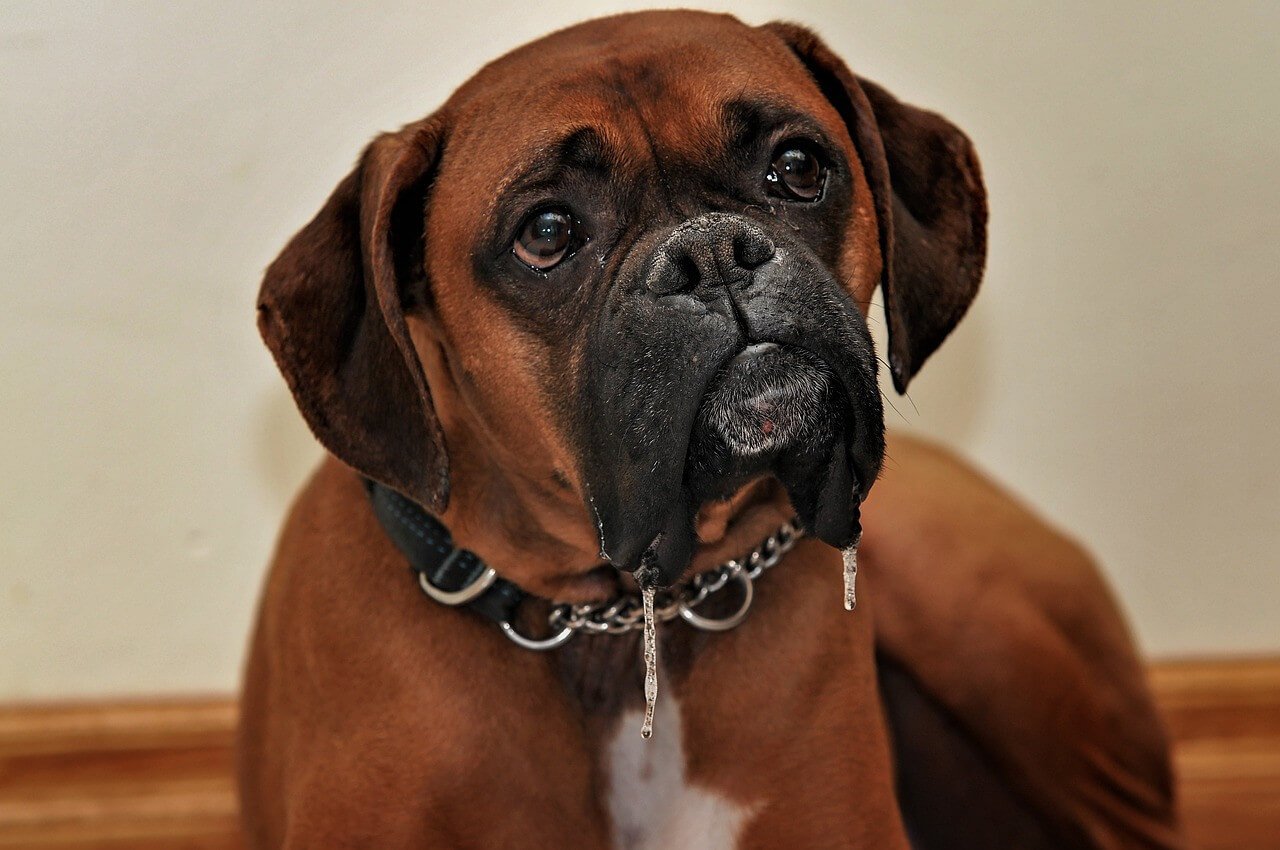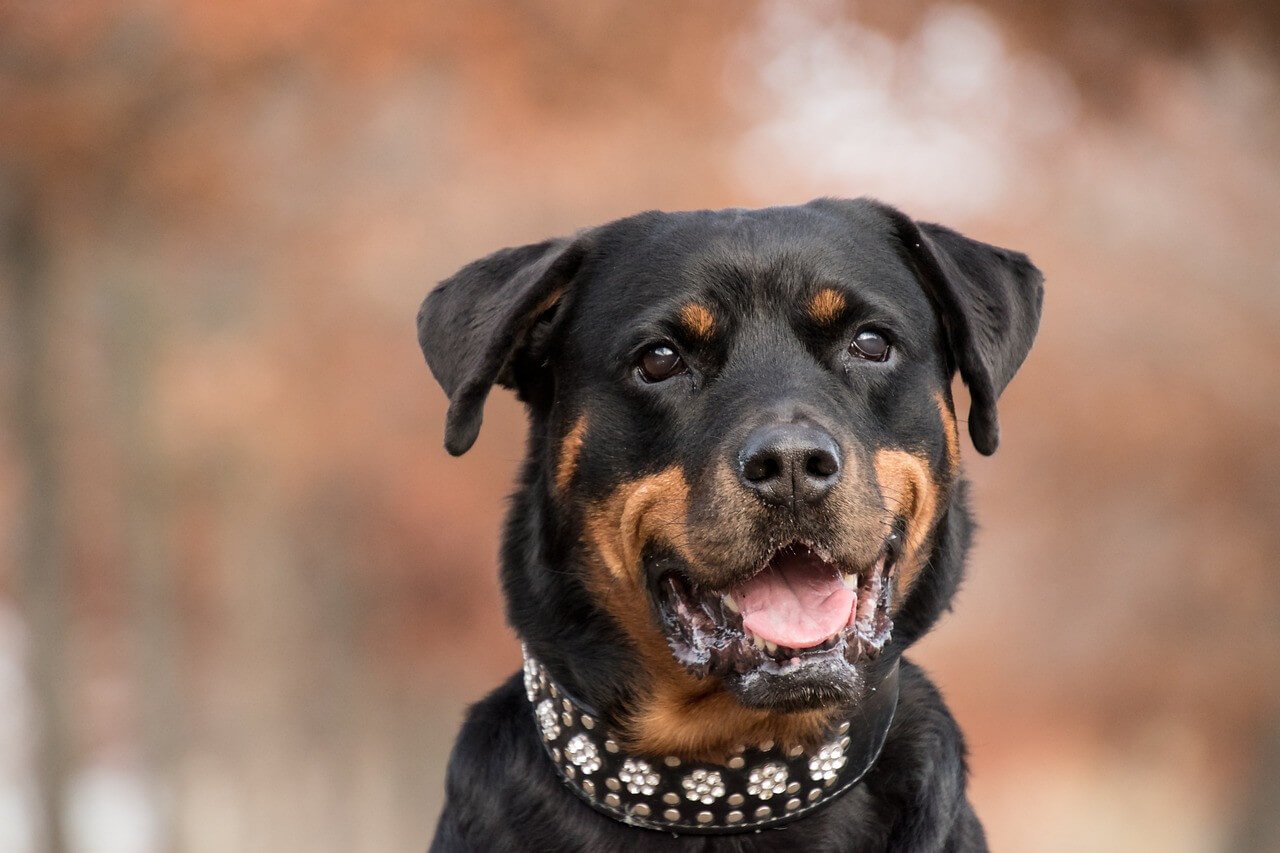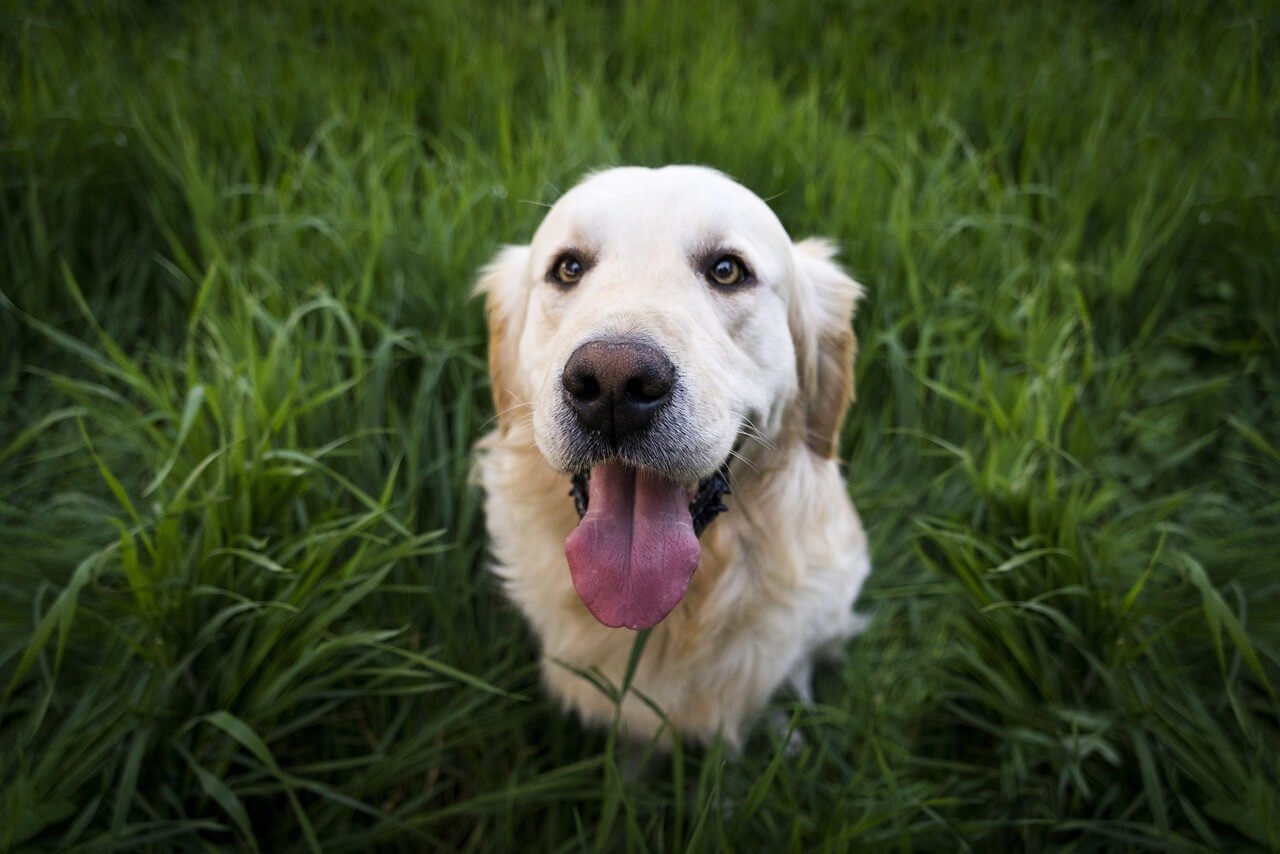The Boxer dog is a beloved breed known for its playful nature, loyalty, and protective instincts. Whether you're interested in a Boxer puppy or already have a Boxer dog, understanding their temperament, health concerns, and history will help ensure they lead a long, happy life. In this guide, we cover everything from their boxer dog health issues to playful dogs qualities, history, and more. Let's dive into what makes the Boxer breed unique.
The History and Origins of the Boxer Breed
The Boxer breed has a fascinating history that traces back to Germany. Boxers are descendants of the Bullenbeisser, an extinct hunting dog used to hunt large game like wild boars, and various ancient war dogs. These dogs were strong, agile, and known for their ability to take on dangerous prey. The Boxer history includes significant events and figures that shaped the breed, such as the breeding practices in late 19th-century Germany, the establishment of Boxer clubs, and the recognition of the breed by the American Kennel Club, highlighting its evolution and growing popularity over the years.
The breeding success of the Boxer breed is also notable, with influential females like Meta v. d. Passage consistently whelped puppies, producing high-quality offspring that have shaped present-day Boxers.
Over time, the Boxer evolved from a fierce hunter into a multi-talented working dog. An important early Boxer, a fawn and white male named Lechner's Box, is noted as a foundational dog in the breed's development, stemming from a breeding involving a brindle female and a local dog of unknown origin. During both World War I and World War II, Boxers served as war dogs, performing roles such as messengers, pack carriers, and even guard dogs. The development and breeding practices from its historical roots in Germany led to the established breed standards for the modern Boxer, emphasizing influential ancestors that contributed to the breed's physical and temperament traits. Today, while some Boxers still work in professional roles like police dogs and search and rescue, most are beloved family pets.
Physical Characteristics and Grooming of Boxers
Boxers are known for their athletic build and distinct appearance. These deep-chested dogs have strong, muscular bodies, typically weighing between 55-75 pounds, depending on gender. Their smooth, short coat, which comes in colors like fawn, brindle, and white, is easy to care for, requiring very little grooming. Regular brushing helps maintain their shiny coat, and keeping their nails trimmed is essential to prevent discomfort. Their dark brown eyes and wrinkled forehead give Boxers an expressive, almost human-like appearance.
Although they shed minimally, Boxers shed consistently throughout the year. Regular grooming with a hound glove can help control shedding and keep their coat healthy.
Boxer Personality & Temperament
The Boxer dog is a beloved breed known for its playful nature, loyalty, and protective instincts. Whether you're interested in a Boxer puppy or already have a Boxer dog, understanding their temperament, health concerns, and history will help ensure they lead a long, happy life. In this guide, we cover everything from their boxer dog health issues to playful dogs qualities, history, and more. Let's dive into what makes the Boxer breed unique.
Health Considerations for Boxer Dogs
While Boxer dogs are generally healthy, there are some common health issues to watch for, especially as they age. Conditions such as hip dysplasia, heart conditions like heart murmur or heart failure, and degenerative myelopathy can affect Boxers.
Boxers shed relatively little compared to other breeds, but their smooth coat still requires some attention. Regular grooming, including brushing to remove loose hair, helps maintain their shiny coat.
Boxer Lifespan and Care
The life expectancy of a Boxer dog is typically between 10-12 years, though some may live longer with proper care. Their health can be impacted by their activity level, diet, and genetics, so it’s important to choose high-quality dog food that supports their health.
Boxers are known for their deep chested dogs body type, which can make them prone to gastric torsion (bloat), so be mindful of feeding practices.
Boxer Training and Behavior
Raising a Boxer dog involves focusing on their training and behavior as these dogs are known for their vibrant energy and playful demeanor. It is essential to start training and socializing them early to ensure they grow up behaved. Utilizing reinforcement techniques is the way to go since they help reinforce behaviors and foster a strong connection, between the dog and its owner.
Boxers are known for their intelligence and ability to follow commands; however they may display some stubbornness occasionally. Training and socialization, at a stage are key in avoiding problems like excessive barking or destructive behavior such as chewing and digging. Housebreaking a Boxer can present challenges initially;. With persistence and a consistent approach Boxers can be trained to respond to commands and exhibit behavior, within the household environment.
When it comes to behavior traits Boxers are recognized for their devotion and protective nature. They excel as watchdogs. They might also show wariness towards individuals and might need some time to build trust with new acquaintances. With the training and exposure, to social settings Boxers have the potential to evolve into sociable and self assured companions.
Boxer Health Issues and Care
Like all dog breeds, Boxers are prone to certain health conditions. One of the most common boxer dog health issues is hip dysplasia, a genetic disorder affecting the hip joints. Regular check-ups with your vet are crucial for early detection and management. Boxer dogs are also susceptible to heart murmurs and other heart issues, such as aortic stenosis and Boxer cardiomyopathy. Working closely with a veterinary cardiologist can help manage these conditions.
Boxer health boxers are also prone to specific conditions like cancer, heart defects, and skin issues such as atopic dermatitis. Additionally, Boxers may experience allergies, both food-related and environmental. If your Boxer shows signs of excessive scratching or skin irritation, it’s important to consult your vet to identify the root cause.
Caring for Your Boxer Puppies
To ensure your Boxer stays healthy and happy, a balanced, high-quality diet is essential. This active breed thrives on protein-rich foods that fuel their high energy levels. Be mindful of their weight, as Boxers can be prone to weight gain if overfed.
In terms of exercise, Boxers are not couch potatoes. They require daily physical activity, including long walks, runs, or even participation in canine sports like agility and obedience training. Keeping their minds engaged is equally important, as Boxers are highly intelligent dogs that enjoy mental challenges.
For grooming, Boxers are a low-maintenance breed. Their short coat doesn’t require frequent baths, and a light tan or fawn background is a common coat color. Occasional baths and regular ear cleaning are sufficient to keep your Boxer looking their best.
Boxers as Working Dogs: Beyond the Family Pet
While Boxers are best known today as loyal companions, their working dog roots remain strong. Some Boxer dogs serve as therapy dogs, providing emotional support to people in need. Others excel as guide dogs for the visually impaired or participate in search and rescue missions. Boxers also perform well in police dog roles, thanks to their intelligence, strength, and protective nature.
The American Boxer Club and the American Kennel Club (AKC) recognize the breed's versatility. Whether in the show ring or working alongside humans, Boxers consistently prove their dedication and capabilities.
Boxers and Other Pets
Many Boxers do well with other pets, but proper introductions and supervision are key. Some same-sex Boxer dogs may display dominance behavior, so it’s essential to establish clear boundaries. If you have other dogs or pets, the Boxer’s ancestors have been known to coexist peacefully with them if socialized early.
Conclusion: Is a Boxer Right for You?
The Boxer dog breed is a great choice for active families or individuals who can provide ample mental stimulation and exercise. Their loyalty, playful nature, and protective instincts make them ideal companions, but it’s essential to understand the breed’s potential health issues and care needs. Whether you’re getting a Boxer puppy or adopting a mature dog, ensure you work with a responsible breeder or a Boxer rescue organization to provide your new companion with a healthy start.










